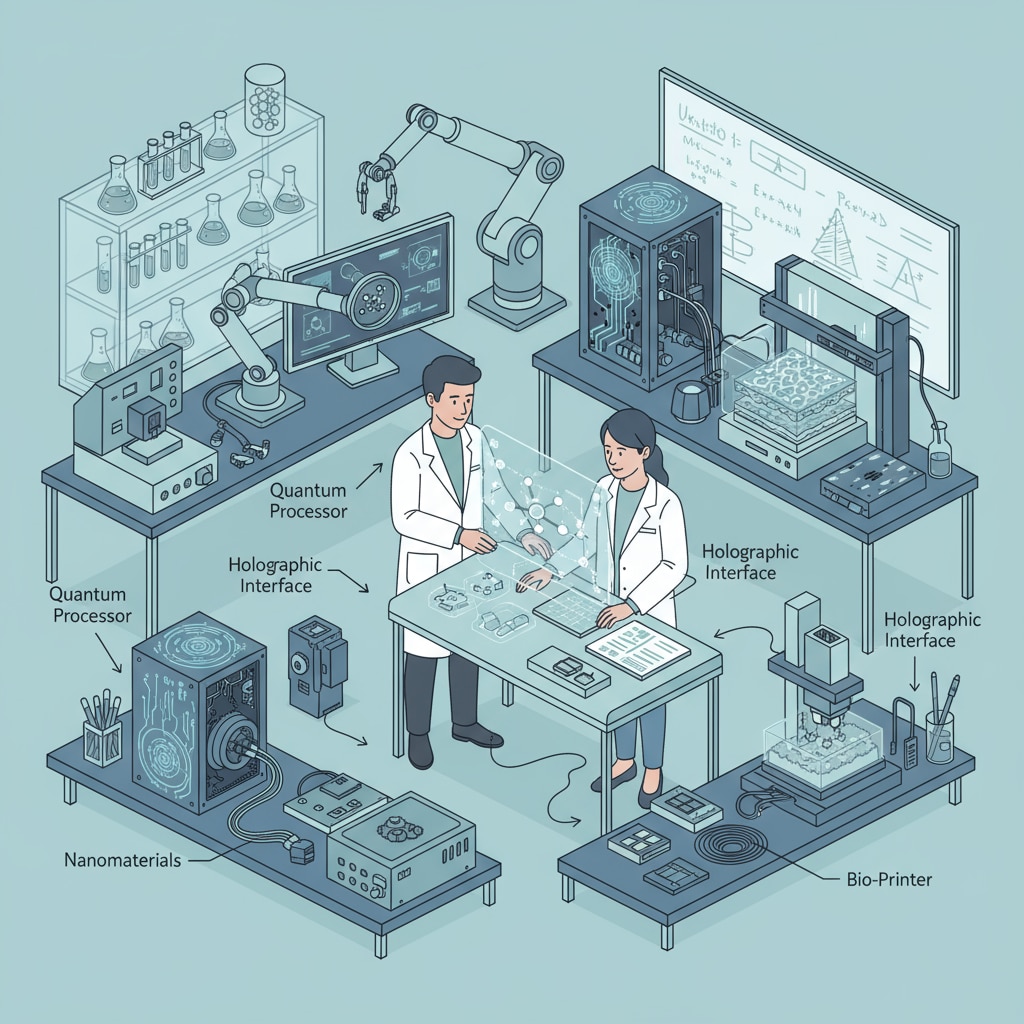Career planning, master’s degree, and employment choices are crucial aspects that newly graduated tech majors often grapple with. As they stand at the crossroads of their careers, the decision between continuing their education and entering the workforce directly can be a daunting one.

This article aims to provide a comprehensive analysis of both paths to assist these graduates in making an informed choice.
The Allure of Further Study
For many tech graduates, pursuing a master’s degree holds significant appeal. Firstly, it offers in – depth knowledge in a specialized field. In the rapidly evolving tech industry, having advanced expertise can set one apart from the competition. For example, a graduate interested in artificial intelligence can delve deeper into algorithms, machine learning, and neural networks during a master’s program. Master’s degree on Wikipedia Secondly, it can expand career opportunities. Some high – level positions in research and development, or in certain prestigious companies, often require a master’s degree. This can lead to higher salaries and more challenging job roles.

The Temptation of Direct Employment
On the other hand, direct employment also has its advantages. One of the main benefits is gaining real – world experience immediately. By entering the workforce, graduates can apply the knowledge they’ve learned in practical settings, learn about industry practices, and develop essential skills such as teamwork, communication, and problem – solving. In addition, they start earning an income earlier, which can be a significant factor, especially for those with financial constraints. According to data from Bureau of Labor Statistics, many entry – level tech positions offer competitive starting salaries.
When making this decision, several factors need to be considered. Personal interests play a vital role. If a graduate is passionate about research and wants to contribute to the advancement of technology at a deeper level, further study might be the right choice. However, if they are eager to start building their professional network and gain practical experience, direct employment could be more suitable. Another factor is financial situation. Pursuing a master’s degree often involves tuition fees and the opportunity cost of not working during that time. Family support and financial resources available can influence this decision.
In conclusion, the choice between further study and direct employment for newly graduated tech majors is a complex one. It requires a careful consideration of personal interests, career goals, and financial circumstances. By weighing the pros and cons of each path, graduates can make a more informed decision and set themselves on the right career trajectory.
Readability guidance: This article uses short paragraphs to make the content more accessible. Each section presents key points clearly. The passive voice is used sparingly, and transition words like ‘firstly’,’secondly’, ‘however’, and ‘in addition’ are used to enhance the flow of the article.


